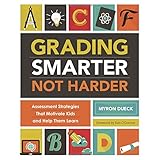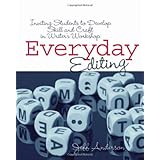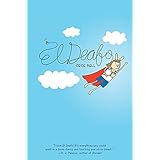Unsettled.
That's how I've felt in my classroom for the past several years.
I taught what I needed to teach. I covered the curriculum. I assessed what students were supposed to learn.
Notice all the"I's" in that last paragraph?
That's what I felt so unsettled about...My classroom was a top-down, teacher-directed, you-must-learn-this place.
Students had very little voice, very little investment in pushing themselves forward as learners, very little control of their learning day.
But that is changing.
Now, we talk a lot about growth mindset, metacognition and learning choices. These are big words for 4th graders, but they get it.
Why?
Because my students are being given the opportunity to take control of their learning in ways they (or I) have never done before.
We now are constantly thinking about our thinking (metacognition) and recognizing when we "get it" and when we don't. And when we don't get it, we do something about it. We ask for help, We go back and work the problem out again.
We don't give up.
Yesterday, I gave a math test in my classroom. We have been studying multiplication for the past four weeks and we were at the point that it was time to take the paper assessment and move on.
I handed out the test. Forty-five minutes later, many of my students were still working. They were taking their time. They were checking their work. They were making sure that they demonstrated their learning in the best way they could on this paper assessment.
Three weeks ago, this probably wouldn't have happened.
Three weeks ago, the students would be answering this test for me, not for themselves.
Three weeks ago, these students would probably look at their test scores, shrug their shoulders if they didn't receive a high grade, and stuff their paper in their desk.
But not now.
Turning the tests back, there was a flood of "YES!es" as they saw their scores. There was celebration in the demonstration of learning. These cheers ere well deserved because my students had worked hard. They thought about what they knew, what confused them, what they didn't know...and they did something about it to make sure they understood. They asked questions. They came to me or a peer for help.
They were interested in their own learning. They were taking this test for themselves, not for me.
For the few students who did not quite demonstrate mastery, they got their pencils out and began to rework their problems to find their errors.
I did not ask them to do this.
Three weeks ago, this wouldn't have happened.
This is one of the reasons I love teaching.



















